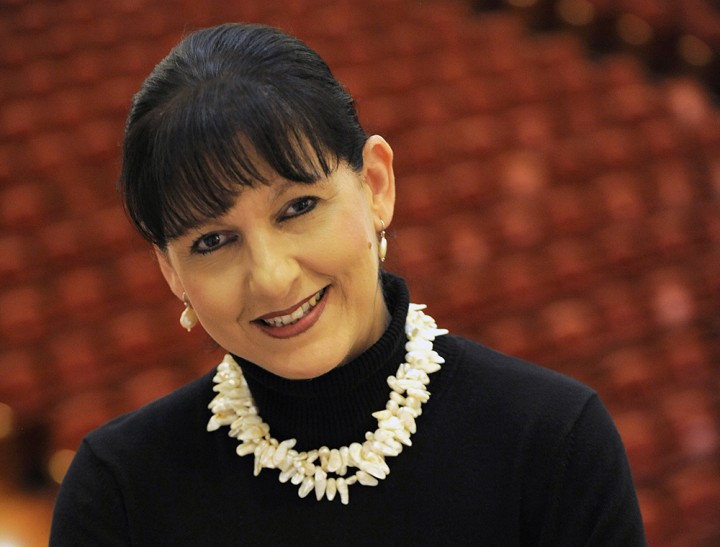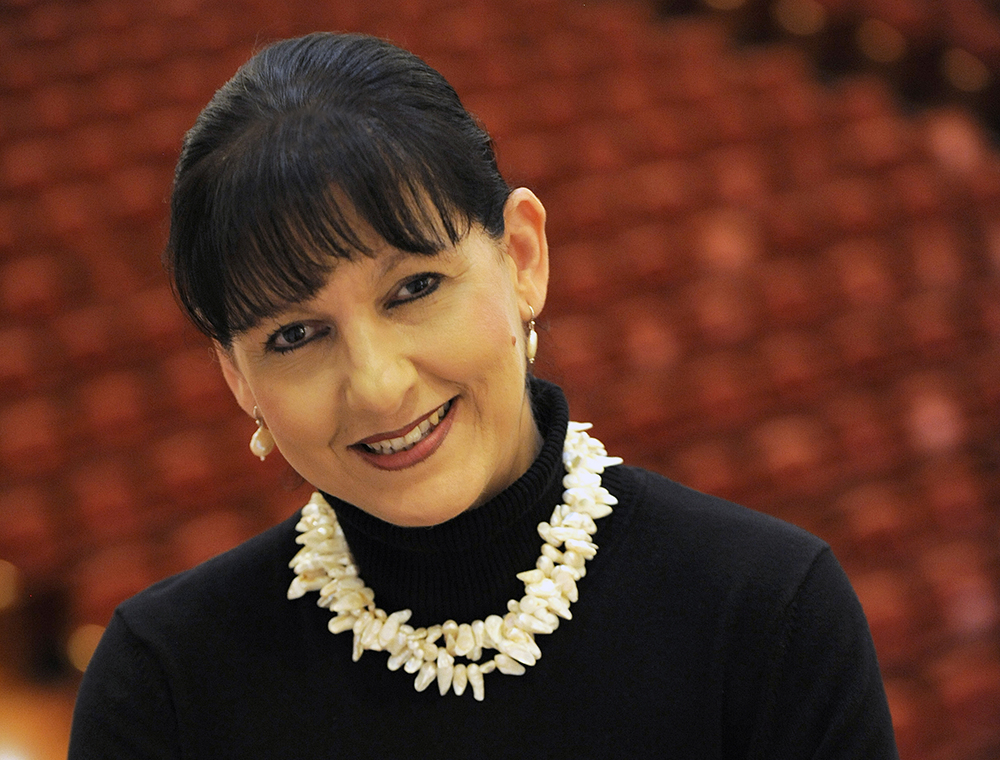
By Mark Ambrogi
Tania Castroverde Moskalenko departed Cuba as a 6-year-old with her family on one of the Freedom Flights in May 1968.
Yet while many Cuban exiles are upset by President Barack Obama’s decision to restore diplomatic relations with Cuba, Moskalenko said it was terrific news.
“I think it was time for us in America to do that,” said Moskalenko, president and CEO for The Center for the Performing Arts in Carmel. “I’m very pleased to see it. I know there are mixed feelings across the country. I feel strongly when something hasn’t worked for 50 years you might want to think about changing the strategy.”
Moskalenko said this is something she had hoped would happen for a long time.
“I believe in bringing community together and building bridges of understanding among people and among cultures,” Moskalenko said. “For years, I’ve been doing that through the arts. I have presented artists from Cuba. I have an opportunity to do that. I think it’s wonderful when we can bring in those cultures and really facilitate deeper understanding in their cultures, through music and dance. I’ve been doing that for a long time.”
That has given Moskalenko a chance to present the rich culture of her own native country.
“Every time I’ve taken a project on involving Cuban artists, it has always been a challenge,” she said. “Up until the 11th hour there have been issues of ‘do they have visas, are they going to be allowed to enter the country and are they going to be allowed to leave Cuba.’ Now this makes it so much easier for us here to bring artists from Cuba and present them here.”
Moskalenko, 53, said some artists she has presented through the years have defected.
“It’s never happened at my theater,” Moskalenko said. “It’s always happened at the end of the tour and they were in other cities.”
Like most Cuban exiles, Moskalenko and her parents and brother and sister moved to Miami. The rest of her family still lives Miami.
“I know passions run high particularly in Miami,” Moskalenko said. “I have some distance from that. But it’s like anything in life you wouldn’t expect to do that same thing over and over again and expect different results.”
Moskalenko was surprised by the news, saying it came out of nowhere. Obama announced the policy change after months of secret talks and a prisoner swap. She heard the news as New York’s LaGuardia Airport on Dec. 17 as she was returning to Indianapolis.
“I got emotional,” Moskalenko said with her voice cracking.
Moskalenko has returned Cuba twice to visit family, once with her mother and once with her grandmother. Her father and siblings have never been back.
“I move very easily between the two cultures because I’ve grown up with both,” she said. “My Cuban culture was such a big part of my childhood, the food, the language, the music. There’s a lot of pain, particularly for people like my parents who left everything behind.”
Moskalenko isn’t sure which memories of living in Cuba and which ones have been colored by the stories she has heard.
“But I do remember the military sealing the house so we couldn’t take anything with us,” Moskalenko said. “As a adult now with children of my own, I think what that experience must have been like. At the age of 6, you have no idea what that’s like.”
During the Freedom Flights from 1965 to 1973, more than 250,000 Cubans were transplanted to Miami. Cuba’s then-prime minister Fidel Castro suspended the program for several months in ’72 and shut it down the next year.
“The political situation has torn up a lot of families,” Moskalenko said. “My mother left and she never saw her father again. He passed away a few months after we left. It’s a very complex situation. But I’m glad to see we are going to normalize relations.”



